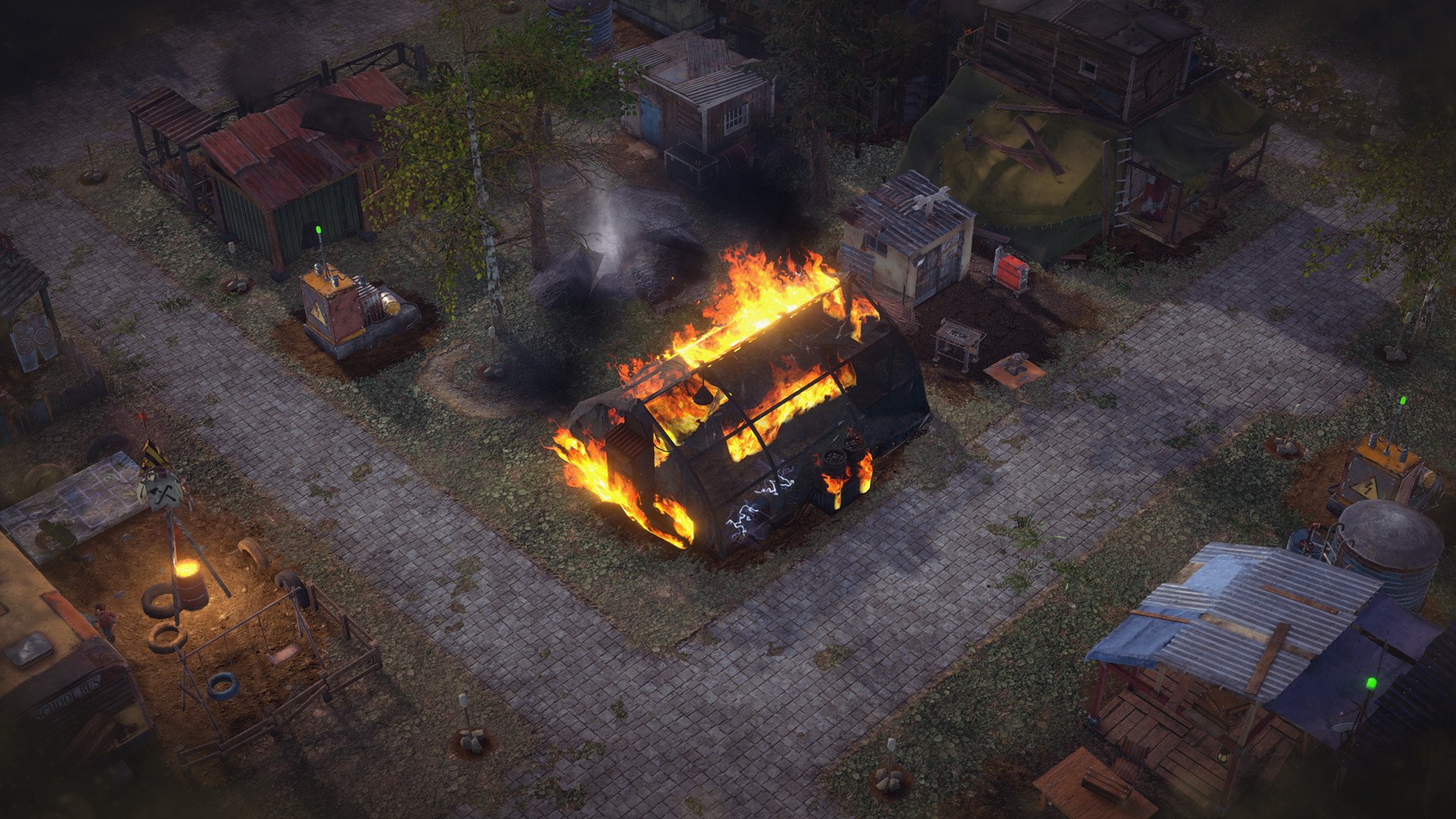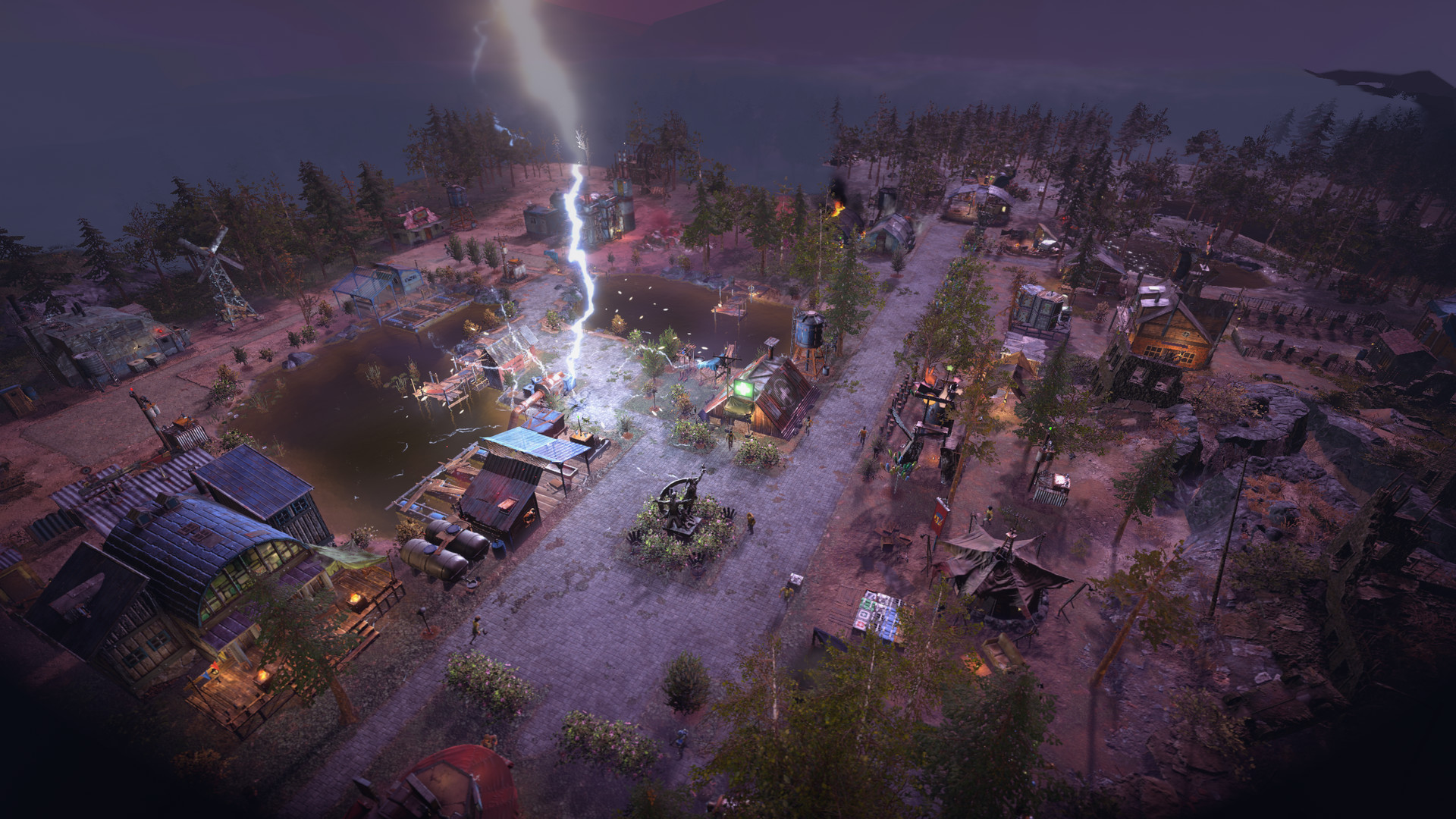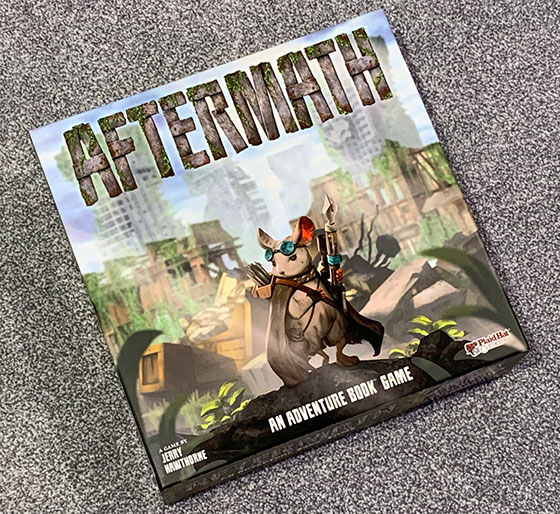
The only thing he took issue with was he insisted he did not know that it was illegal that he had too much pine tar on his bat. And mention of the many errors that he committed in the playoff series. Because there's a lot in there that he could've taken personally- his rocky relationship with his father for example. What did he make of the book?įB: He said he loved the book, that's what shocked me. Billy Martin went back into the managers office and watched a rerun of Barney Miller.īL: I understand that at one stop on your book tour George Brett himself showed up. What he did was plant an affidavit in the pocket of one of the new umpires, Dave Phillips, who pulled this affidavit out from the previous umpiring crew and it attested to the fact that in fact George Brett had touched first and second base. But what he didn't figure on was there was this little genius in the American League office named Bob Fishel. And that there was no way that they could attest to the fact that George Brett had touched first or second base. Martin figured that this was a different umpiring crew. And then Billy Martin went out and told George Frazier, the pitcher, to appeal at first and second base to claim that George Brett, almost a month earlier, had not touched first or second base. He put Ron Guidrey, his star ace, he put him in center field. He put Don Mattingly, his first baseman, at second base. Tell us a little about the day upon which that happened.įB: Billy Martin, well he just tried to make it into an utter farce. And so the game had to be replayed from the point of Brett's homerun. The home run was allowed, that appeal was successful. And then it was stolen from him.īL: The Royals appealed to the American League. You know it didn't exist, the Yankees had fooled the world. Afterwards, Gossage, in the clubhouse, went to Martin and he said, "I don't know what happened on that pitch." And Martin said, "What pitch?" And it sailed out a little bit and Brett tomahawked it out. Goose Gossage, who threw the pitch, you know, he meant to bury it in Brett's neck. Billy Martin was just in his absolute glory. The Yankees were kind of hanging back laughing about it. You know this melee was only the Royals and the umpires. It's kind of funny because it's the world's greatest sports tantrum and yet it only involves one team. This is the moment." And Billy was only too happy to do so.īL: George Brett did not calmy accept the umpire's decision to void his homerun.Now I presume that the Yankees, including Billy Martin, found Brett's outrage marvelously entertaining.įB: That they did. So he told Billy Martin about it saying, 'You know, let's wait for the right moment."īut it was Don Zimmer, a bench coach, who told Billy, "Go out there. He noticed that the pine tar was up high on Brett's bat and he also remembered that Thurman Munson had been called out for something just like this when he had hit an RBI single a few years earlier.

When did the Yankees actually begin preparing to make a claim like that?įB: Original credit goes to Greg Nettles.įB: You know, he was an instigator and a student of the game in the sort of most mischievous way. Yankees manager Billy Martin claimed the homerun should be disallowed because Brett’s bat had too much pine tar too far up the bat.

George Brett hit a homerun to beat the Yankees.


Let’s get to the pine tar incident itself. Highlights From Bill's Conversation With Filip BondyīL: All right. Or at least the aftermath of it was, as Filip Bondy explains in his new book, " The Pine Tar Game." The author joined Bill Littlefield. Over the course of his 21 year career with the Royals, Brett hit 317 home runs.īut this one was special. This was not an especially unusual event. On July 24, 1983, in a game between the Kansas City Royals and the New York Yankees, George Brett hit a home run.


 0 kommentar(er)
0 kommentar(er)
